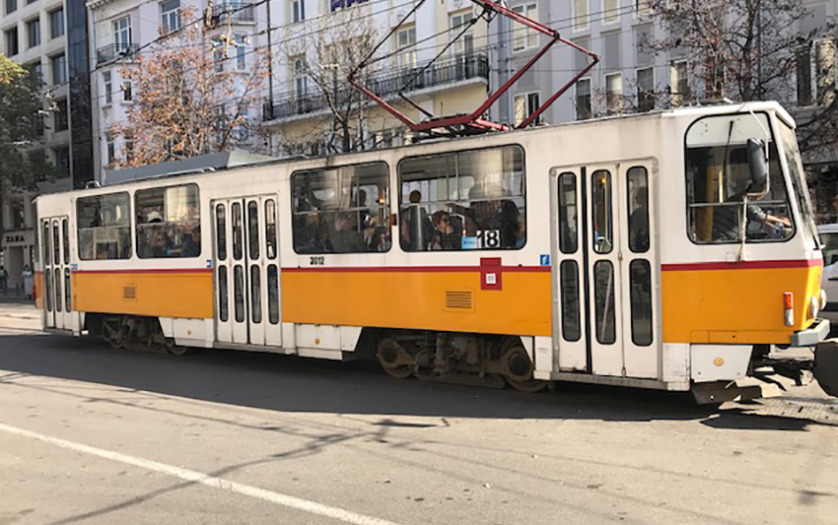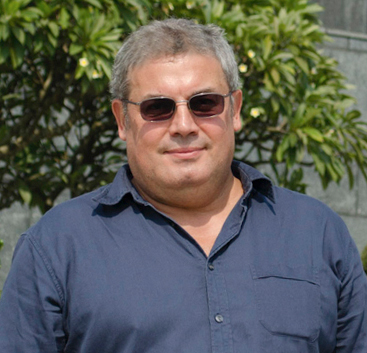Bulgaria: Slow Progress and Still a Long Way to Go

“Although some efforts had been made the Bulgarian disability legislation is still far from the philosophy of the UN Convention on the Rights of Persons with Disability as it mainly considers persons with disabilities as non able and object of social assistance. Far more radical and holistic approach needs to be applied in elaboration of legislation and policies especially in the field of personal and social assistance, independent living, support in decision making, education, and employment of persons with disabilities. The medical model in assessment of disabilities is leading and is a basis for all rights and benefits in practice.
Social assessment of the needs and capacities of the persons with disabilities is done in a formal and bureaucratic way. Individually tailored services, assistance and allowances do not exist. The legislation does not contain any unified definitions of “a child with a disability” or “a person with a disability” and different institutions use different methods for data collection and data processing about persons with disabilities. “These conclusions are part of a report by the NGO Helsinki Committee.
A positive development in 2017 is the substantial increase of disability allowances for children with permanent disabilities irrespective of the income of the families. Day care and consultation/rehabilitation services are provided in special centres and are not available for all persons with disabilities. Social assistance is available only for very poor persons and families, only to those with permanent disabilities and is extremely insufficient to meet even their basic needs. Disability allowances are also extremely low and are received only by persons with permanent disabilities.
Last year thousands of people in Bulgaria protested against a planned disability welfare reform which the government said would combat widespread abuses of the system. A recent survey showed that over 40 percent of disabled Bulgarians rely solely on their disability benefits while more than 83 percent of them live below the poverty line which is just over $2030 a month.At the beginning of this year a new Persons with disability Act (PDA) was passed with the aim to ensure and promote full and equal rights and freedoms for persons with disabilities. When it comes to their employment status, the PDA focuses on ensuring conditions for equal access to employment in a regular, specialised and sheltered work environment, while providing adequate support for both disabled people and their employers. With regard to permanently disabled people , the PDA presents a new requirement for Bulgarian employers with 50 or more employees to follow quotas for hiring permanently disabled personnel.
There are positive developments in regard of accessibility. Tactile pavement has appeared on most central streets in the capital Sofia, most new public buildings are accessible, there are places for wheelchair in modern buses and trams but many of the older vehicles can not be used by persons with disabilities. The underground and some buses are equipped with systems announcing the next stop for people with visual impairment. There are sound signals on some of the traffic lights as well.At the same time, the lack of enough parking spaces means that many pavements are taken by parked cars and are extremely difficult to navigate especially by people with disabilities.
In short, the main problems of people with disabilities in Bulgaria are their bad financial situation, problems with finding a job, the inaccessibility of the urban environment which limits the possibility for the movement of people with physical disability and for independent life. . At the same time, the attitude of the majority of citizens towards such people remains the main barrier that impedes the integration of people with disabilities in society.







